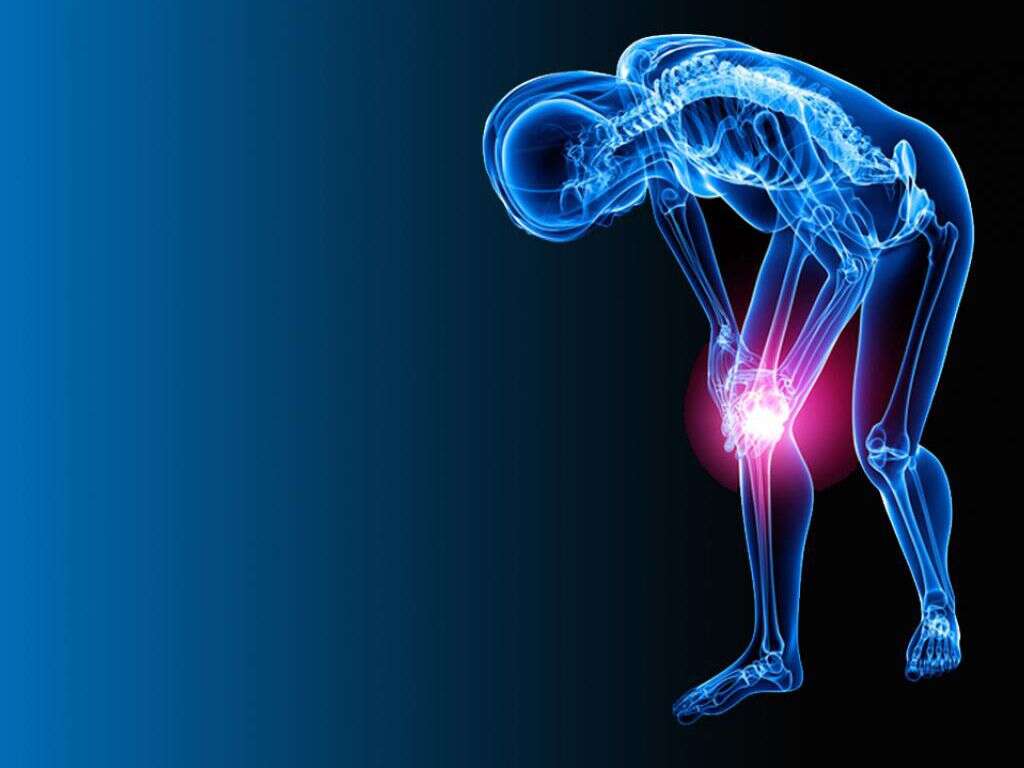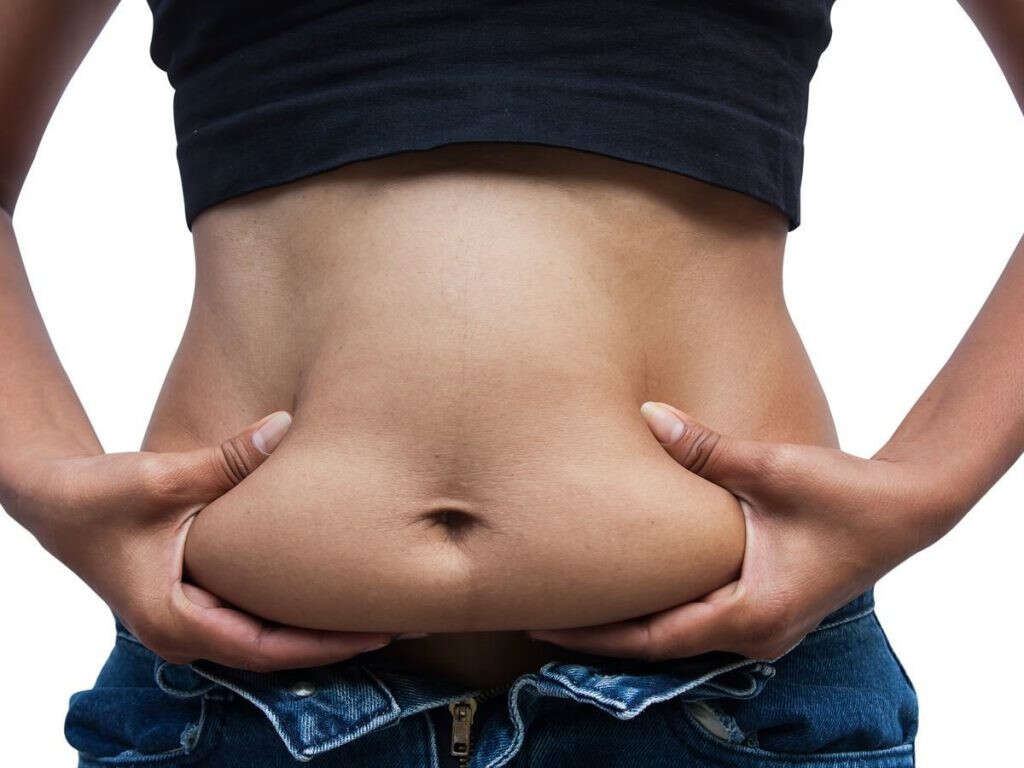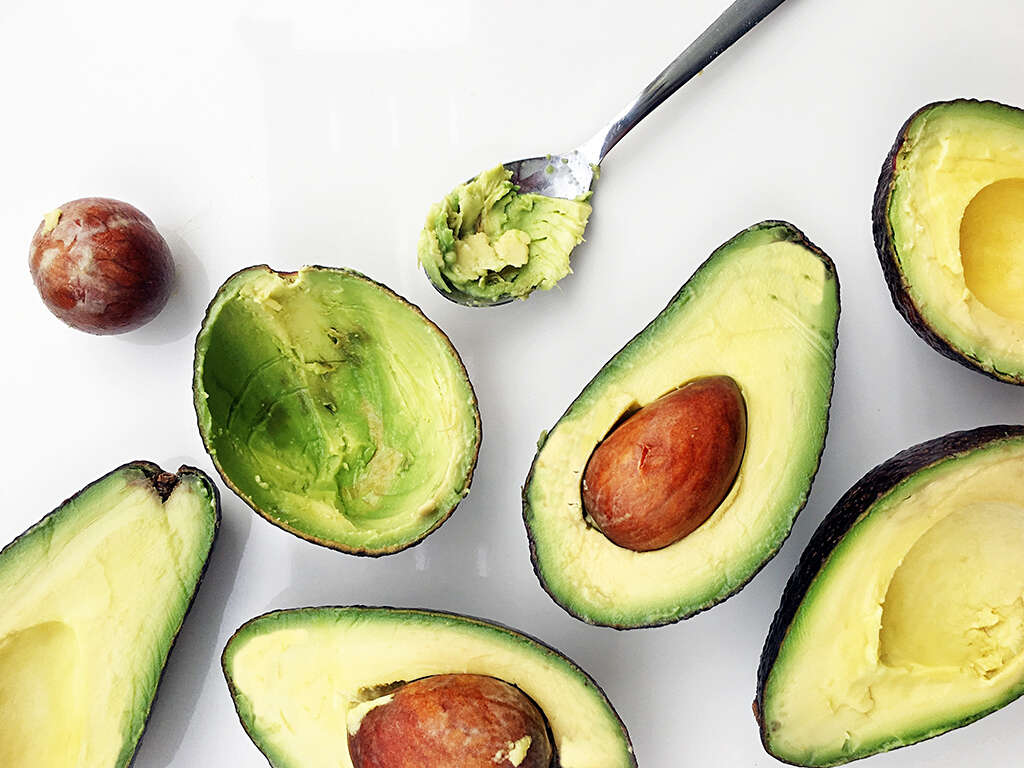10 Keto Flu Symptoms
Keto flu is the condition that sets in when a person transits from a high-carbohydrate diet to a low-carbohydrate, high-fat diet also called the keto diet. The keto diet has gained increasing interest as more people look for natural ways to improve their health. The keto diet is touted to benefit health conditions such as being overweight or obese, epilepsy, PCOS, diabetes, autism, multiple sclerosis, non-alcoholic fatty liver disease, Alzheimer’s disease, and some cancers.
Ketosis is the name given to the process of breaking down fat into ketones; an alternative source of energy. In normal circumstances, ketosis occurs when there are no carbohydrates in the body due to fasting or starvation. Ketosis also occurs when a person switches to a keto diet.
The metabolic changes that follow may shock the body and manifest in the following 10 keto flu symptoms, among others.

Symptom #1: Cravings for Sugar
As a matter of reflex response, when you start adopting a keto diet as opposed to a normal, high-carbohydrate diet, your body can have real cravings for sugar. This is more of an initial resistant feeling that the body has due to the change in its source of energy.
Sugar is a quick and ready source of energy in normal circumstances. For this reason, a shift from it as a fuel source can prompt desire for sugar. The cravings can last for a few days from the onset of a keto diet until the body adjusts to the new fuel source.

Symptom #2: Brain Fog
The transition period from a high-carbohydrate diet to a keto diet can present with feelings of having a foggy and clouded mind. The brain is one of the organs that has the highest energy demands besides receiving priority blood supply.
When the body experiences decreased blood glucose levels, as happens at the onset of the keto diet, it can lead to clouding of the mind. When this happens, it leads to a clouded sensation that many describe as a feeling of a clouded and foggy mind. With brain fog, the processes and ability to engage in intellectual faculties is compromised.

Symptom #3: Headache
Headaches are among the frequent symptoms experienced during ketosis; the period when the body adjusts to using ketone bodies as a source of fuel. The reason for this is low blood glucose levels, a state referred to as hypoglycemia. This is a common occurrence during this transition period.
With decreased glucose levels, supply of energy to the brain is also diminished, which may interfere with brain function. Remember that the brain is one of the greatest users of the body’s energy reserves. It also receives a large proportion of the total blood supply. The headaches may be worsened by dehydration that usually also occurs during ketosis due to an increased urge to pass urine.

Symptom #4: Lack of Motivation
Taking the normal amounts of carbohydrates is associated with general emotional and psychological wellbeing. Research shows that these effects are due to the action of a chemical substance produced in the brain known as dopamine. Dopamine promotes good feelings and high moods in what is known as the reward system of the brain.
When the body is deprived of sugars as a source of fuel such that it has to resort to alternatives such as ketones, the levels of dopamine are reduced significantly. A decrease in dopamine levels leads to depressed feelings and disinterest. This usually happens during the early stages of a keto diet.

Symptom #5: Fatigue
Carbohydrates are the first option as a source of energy in the body. When the body must adjust and use ketones for fuel, fatigue can arise. This is because of the reduced speed of conversion of fat to the energy required by the body.
During this transition period, one may experience fatigue even when performing otherwise nonstrenuous activities. The fatigue usually goes hand and in hand with a lack of motivation and other symptoms described elsewhere in this article such as reduced concentration ability. Fatigue is especially easily noticeable and pronounced among people who engage in hectic tasks requiring physical strength.

Symptom #6: Irritability
Getting easily provoked and irritated for even unjustifiable reasons is a common keto flu symptom. The irritability can be caused by the general adjustment that the body undergoes as it shifts from using carbohydrates as the major source of metabolic energy to ketones.
Carbohydrates also have other biological effects that promote feelings of calmness and contentment. A change to a low-carbohydrate diet may, therefore, provoke irritability. One example in this respect is the effect that high sugar foods have on the reward system as described elsewhere. The resultant reduced activity when transitioning to a keto diet can come along with episodes of irritability.

Symptom #7: Nausea
Ketone bodies are generated from the metabolic transformation of fats through a process known as beta-oxidation. The three main ketone bodies produced that can serve as a source of body fuel are acetone, beta-hydroxybutyrate, and acetoacetate. When the levels of these substances rise in blood, they can induce feelings of nausea, which may even lead to vomiting.
Also, a sudden change to a high-fat keto diet from a previously predominantly high-carbohydrate diet may overwhelm the body. This is because the body is not properly equipped with enough enzymes to breakdown the fats. The accumulated fats can cause nauseous feelings. If affected, you need to be watchful since, together with increased fluid loss as a result of frequent urination, dehydration may set in.

Symptom #8: Dizziness
As a composite symptom with other manifestations of keto flu, one may experience dizziness during the transition period from a high-carbohydrate diet to a keto diet. This may arise due to both the metabolic adjustments to the new diet and increased water and electrolyte loss.
With a shift from a high-carbohydrate diet, the body reduces secretion of the hormone insulin, which controls glucose intake by cells and promotes reabsorption of important ions such as sodium. Decreased insulin levels during the diet change can, therefore, lead to a loss of ions and water, which may worsen feelings of tiredness and dizziness.

Symptom #9: Insomnia
It is interesting to note that sugar-rich foods have much the same effects as addictive substances. As a result, high-carbohydrate meals have a soothing and calming effects on the brain. It is no wonder then that during a transition from a high-carbohydrate diet to a low-carbohydrate one, changes in sleep patterns and quality of sleep may be experienced.
Additionally, a switch to a keto diet is associated with the hormones serotonin and melatonin, which are important in the control of the sleep cycle. The effects are likely to be magnified, especially among people who previously used to consume processed, high-carbohydrate foods.

Symptom #10: Lethargy
The switch from a high-carbohydrate diet to a predominantly high-fat or keto diet can be met by feelings of lethargy and reduced energy for performing tasks. This experience is due to the metabolic adjustments that the body undergoes during the transition period.
Since carbohydrates are the standard sources of energy during metabolism, a changeover to using fats or ketones may require a period of acclimatization before the body is capable of producing similar levels of energy as that produced from the previously high-carbohydrate diet. The lethargy can be explained by a reduction in the levels of hormones that promote high-energy activities as described elsewhere in this discussion.












